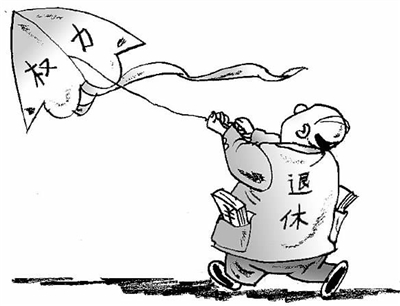Five things you need to know before seeing The Eight Hundred.

On August 14th, Guan Hu’s highly anticipated new work The Eight Hundred finally ushered in the screening day, and will be officially released a week later, after experiencing the film festival screening, file withdrawal, repeated rumors of re-filing, a long epidemic and the resumption of the cinema.
This year, the world turned upside down, and the most anticipated Chinese film in 2019 came back again, which also made fans feel like a world apart.
Guan Hu’s The Eight Hundred is adapted from the four-line warehouse defense war in the frontal battlefield during the War of Resistance against Japanese Aggression period.
This battle is the last battle of the Battle of Songhu.
When Shanghai was about to fall, the 524 regiment of the 88th Division was ordered to retreat to the four-row warehouse, where it fought fiercely with the Japanese for four days and four nights, which inspired the morale of the soldiers and civilians throughout the country.
If you want to know more about The Eight Hundred, you must know the heroic fighting deeds behind the Four Lines Warehouse.
01
Why are you stationed in the four-row warehouse?
In August 1937, Japan plotted to March into Shanghai. On the evening of the 9th, Japanese Navy Lieutenant Yukio Dashan was killed in a clash with China defenders at Shanghai Hongqiao Airport. Japan immediately sent more troops to Shanghai to invade.
The Japanese put forward a plan to destroy China in three months, while Chiang Kai-shek began to take the initiative to fight back in Shanghai, and put forward the book of self-defense in the war of resistance against Japan, which declared that China would never give up any part of its territory. In case of aggression, only the natural right of self-defense could be exercised. China’s army began to take the initiative to fight.
A total of about 1 million troops from China and Japan went into battle, and the battle itself lasted for three months.
The Japanese army invested more than 280,000 people and announced more than 40,000 casualties.
China’s army invested an elite division with more than 750,000 troops, and counted 300,000 casualties by itself.
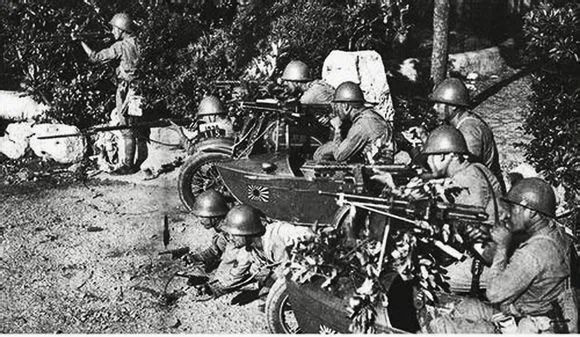
Japanese troops attacked Shanghai in 1937.
At the end of the Battle of Songhu, in October 1937, Chiang Kai-shek decided to withdraw from Zhabei (now Jing ‘an) and defend the western suburbs of Shanghai instead, leaving only the 88th Division alone.
Chiang Kai-shek hopes to win the sympathy of the international community at the meeting of the nine-nation convention to be held next month, and hopes that the international community can sanction the Japanese aggressors.
Sun Yuanliang, the commander of the 88th Division, suggested that the main force of the whole division should not be sacrificed, and only one reinforced battalion could be stationed to complete Chiang Kai-shek’s political goals. He decided to send the first battalion of the 524th Regiment to garrison the four-row warehouse, and Xie Jinyuan, the deputy head of the 524th Regiment, was the highest official.
Sixiang Warehouse is a warehouse building located in the south-central Zhabei, the north bank of Suzhou River and the northwest corner of Xizang Road and Bridge. The main entrance number is No.1 Guangfu Road, which is a six-story building with reinforced concrete structure.
It consists of two parts: the joint warehouse of mainland bank and Beisihang, that is, the warehouse of mainland bank close to Xizang North Road and the warehouse of Beisihang close to Jinyuan Road. Because the four banks are more famous, they are generally called the four banks warehouse.
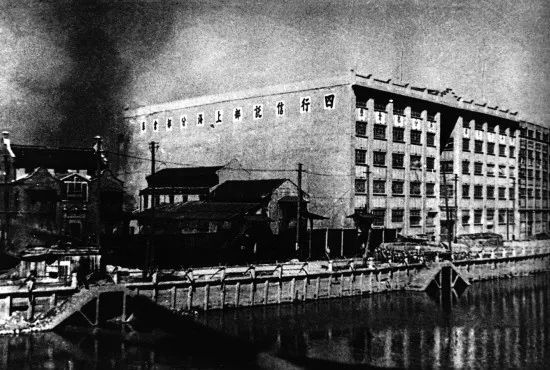
foursagade
02
How do the "800" people fight against the Japanese army?
Xie Jinyuan, deputy head of the team, is a real hero in the defending war of Sihe Warehouse. He was born in Jiaoling County, Meizhou, Guangdong Province in 1905 and graduated from the fourth phase of Huangpu Military Academy.
He was ordered in a crisis, and he stuck to the four-row warehouse, and he had already made up his mind to die.
When saying goodbye to his wife, Xie Jinyuan said, "It’s a last resort to leave you in this remote place. The burden of serving old parents and raising young children should have been borne by me, but as a soldier, serving the country can’t take care of the family, so I have to hand it over to you now. "
This is also the last meeting between Xie Jinyuan and his wife.
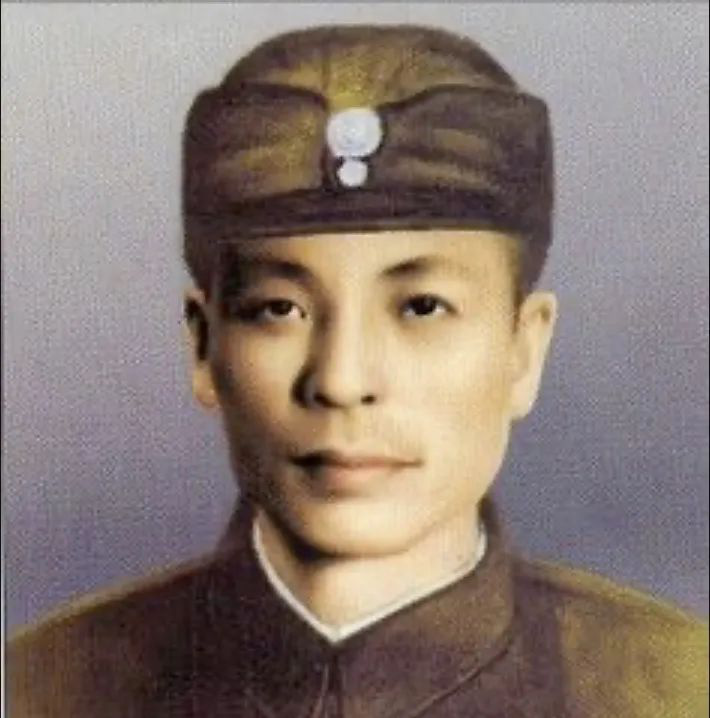
xie jin yuan
In order to guard the four-row warehouse, Xie Jinyuan ordered the doors and windows to be sealed with sandbags, and the doors and windows above the second floor were sealed in half, leaving a shooting hole, all the wires were cut off, and no fire could be made to cook, so as not to expose the target.
There were 414 people alone in the defending war of the Four Lines Warehouse, but for the sake of bravado, Xie Jinyuan said that he had 800 people when asked by the British troops in the concession.
The wounded sent from the warehouse also gave a unified answer that there were 800 defenders, which is also the origin of the title of "eight hundred heroes". And what they want to fight is the third division of the Japanese ace army.
Because the four-row warehouse is close to the British-French concession and there are large gas bags nearby, the Japanese army is afraid of accidentally injuring the troops in the British-French concession and causing an uncontrollable explosion, and dare not bomb and shell on a large scale.
This also gives the advantage and determination to guard the warehouse alone.
The battle in Zhabei has inspired the morale of all the people in Shanghai. Many residents are cheering for the lonely army upstairs across the street to remind them of the whereabouts of Japanese soldiers.
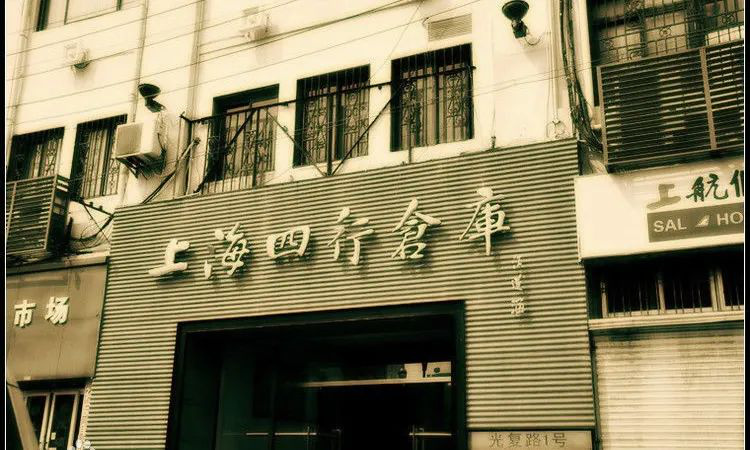
The Japanese army occupied the Bank of Communications Building on the side of Sihe Warehouse, and deployed cannons to shoot at the back of Sihe Warehouse, but the cannons could not cause fatal damage to the thick walls of Sihe Warehouse. But cunning, they cut off the water supply of the four-row warehouse.
Shanghai residents spontaneously sent a large amount of food and materials to the lonely army, and they were pulled into the warehouse by night. Some reporters climbed over sandbags and entered the warehouse.
It can be said that the four-row warehouse is the last fortress in Shanghai and the real front line in War of Resistance against Japanese Aggression.
In this battle, the most iconic event is undoubtedly the girl scout Yang Huimin sending the flag.
At that time, the four lines of warehouse defenders did not carry flags, and the Japanese flag was hung all over Shanghai. In order to enhance military prestige, Xie Jinyuan proposed to hang a flag on the roof of Sihou warehouse.
The Shanghai Chamber of Commerce quickly sent a banner, and girl scout Yang Huimin, who was just in her early teens, volunteered to send it to the four-row warehouse.
There have been two opinions about Yang Huimin’s sending the flag. In The Life History of the Anti-Japanese War written by doctor Chen Cunren, he wrote: "Suddenly, a girl scout, Yang Huimin, bravely wrapped a big flag in tarpaulin, jumped into Suzhou River and swam to the other side under the bullets."
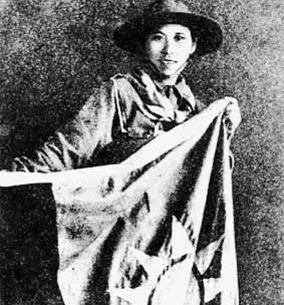
However, it is doubtful whether Dr. Chen is a witness. Although the story of swimming to send flags is full of romance, it is possible to hear it from hearsay.
Another British engineer recalled that he personally sent Yang Huimin across a 75-cm-diameter pipeline to send the flag across the river. This story was later published in Time Magazine, accompanied by a photo of Yang Huimin.
On October 29, 1937, the battle for defending the four-lane warehouse has attracted the attention of all parties. Representatives from Britain, the United States and other countries submitted petitions to the National Government, hoping to stop the fighting for "humanitarian reasons", but in fact they wanted to protect the concession near the warehouse from being implicated.
After thinking, Chiang Kai-shek thought that the initial goal of the operation had been achieved and ordered the evacuation of the warehouse. The Japanese army thought that there were thousands of warehouse guards, and it would be difficult to win if they continued to fight, so they also agreed to withdraw their troops without imposing too many obstacles (which is not consistent with the 1975 film crossing the bridge alone under Japanese artillery fire and making heavy sacrifices).
Although Xie Jinyuan was unwilling and hoped to continue fighting, he still chose to obey the withdrawal order. The troops crossed the garbage bridge and entered the shelter in the British Concession.
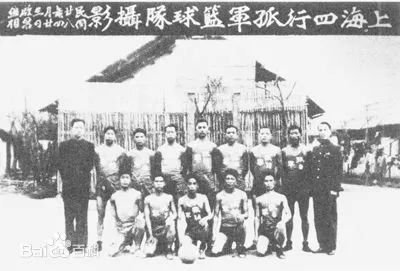
03
What is the final outcome of being alone?
After entering the shelter, the troops were disarmed by the British army and lived in a very poor environment, and began to live alone in a concentration camp for four years. Although it was not defeated by the Japanese, it was far from the frontal battlefield of the anti-Japanese war.
During this period, Xie Jinyuan wrote "Xie Jinyuan Diary Notes" to record his life in detail.
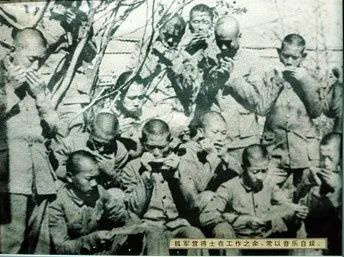
Soldiers in solitary barracks entertain themselves with music after work.
In 1938, with the story of the solitary army being reported by various media, the British Concession became the spiritual sustenance of patriotic citizens in Shanghai. Many people often went to the British Concession to give materials to the solitary army. On the first anniversary of the fall of Shanghai, the solitary military camp resisted the pressure from all sides and raised the flag at the camp to commemorate it.
In April 1941, Wang puppet regime tried to lure Xie Jinyuan and promised him the title of commander-in-chief of the army, which was severely rejected by Xie Jinyuan.
Later, Wang Ching-wei bought four rebels and assassinated them on the morning of 24th when Xie Jinyuan took morning exercises. Xie Jinyuan’s diary also stayed on the day before he committed suicide.
On 25th, Xie Jinyuan’s memorial service was held in Shanghai, and 300,000 people went to pay their respects. The National Government posthumously awarded Xie Jinyuan as Major General of the Army.
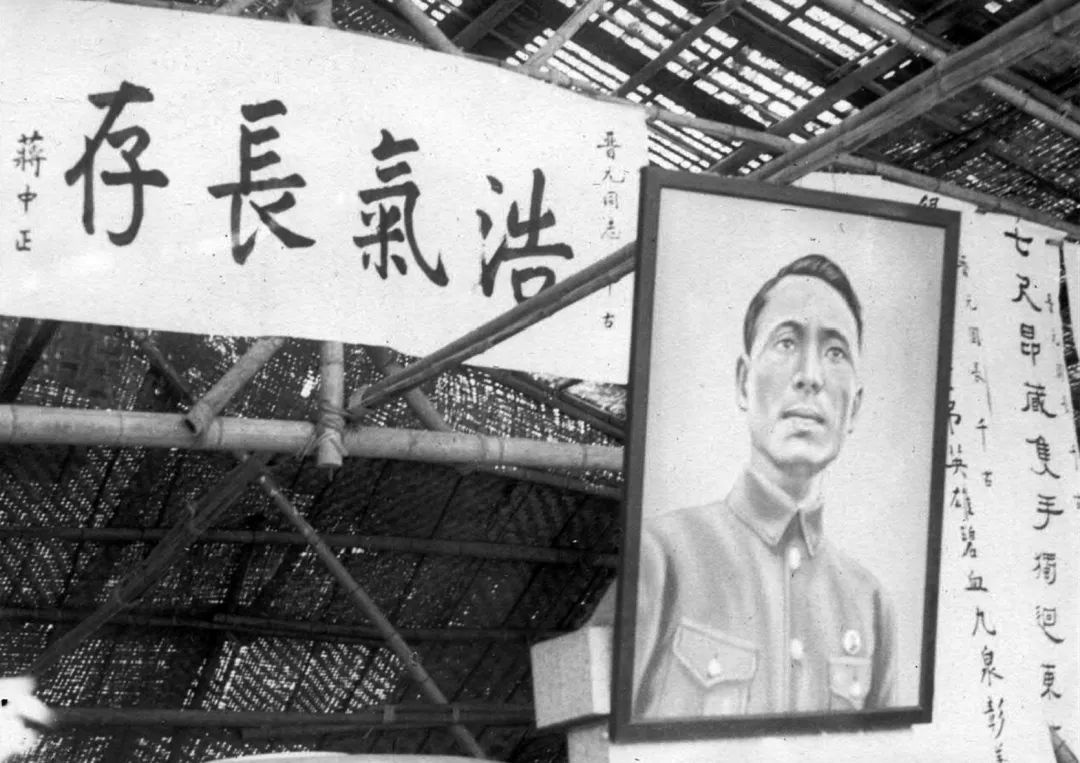
Xie Jinyuan’s funeral and Chiang Kai-shek’s inscription
After the Pearl Harbor incident, the Pacific War broke out, the British withdrew from the concession, and the Japanese took over the solitary military camp.
As the surviving prisoners of war, they were sent to different Japanese concentration camps for hard labor. Many people never came back, while others survived to the day of War of Resistance against Japanese Aggression’s victory.
In 2014, the Ministry of Civil Affairs published the list of the first batch of 300 famous anti-Japanese heroes and heroic groups who fought tenaciously in War of Resistance against Japanese Aggression and died for their country. "Xie Jinyuan and eight hundred heroes" were regarded as heroic groups.
In 2015, the Ministry of Civil Affairs officially approved the posthumous award of Xie Jinyuan, an anti-Japanese hero from Jiaoling, as a martyr.
04
Two eight hundred heroes movies.
Before The Eight Hundred, the Battle of Four Storehouses was twice put on the big screen, with the title of "eight hundred heroes". The first was the wartime version directed by Yunwei Ying and starring Yuan Muzhi in 1938.
The second is the Taiwan Province version directed by Shan-si Ting and starring Ke Junxiong and Brigitte Lin in 1975.
Guan Hu’s new version of The Eight Hundred is the first time that mainland filmmakers have made films on this subject since the founding of the People’s Republic of China.
The first edition of eight hundred heroes, directed by Yunwei Ying, was a film one year after the Battle of Four Stores.
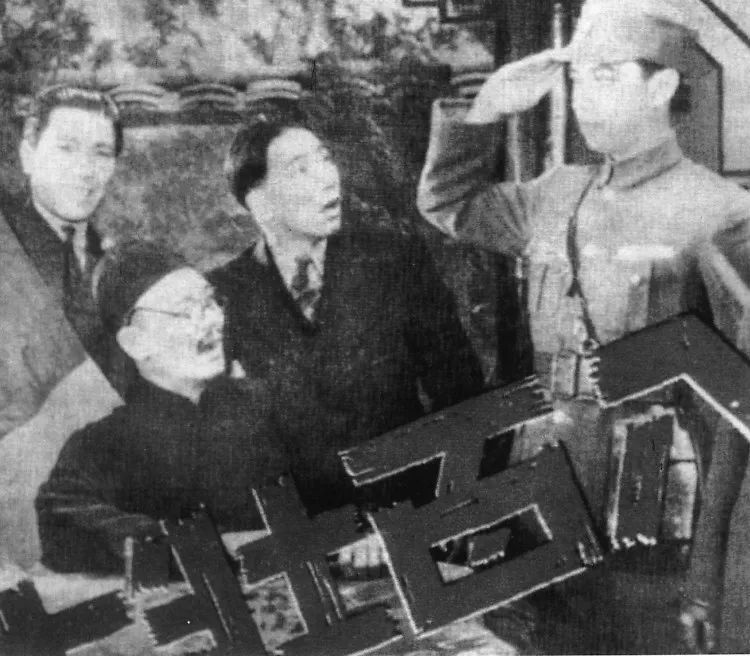
1938 edition
Its practical significance may be no less than Casablanca, which was filmed after the United States entered the war in 1942. It is a masterpiece that inspires the morale of China’s soldiers and civilians and unites with the war of resistance.
The film is divided into two clues. The first one tells the story of Xie Jinyuan, played by Yuan Muzhi, who led the solitary army to fight against the Japanese army. At the same time, people from all walks of life in Shanghai rejoiced and supported the solitary army. In the end, the two lines were intertwined with the event of Yang Huimin crossing the water and sending the flag, played by Chen Boer, and reached a climax.
The song "On the Songhua River" written in 1985 was widely sung as an episode of this film.
Due to the passage of time, the film only leaves 53 minutes of fragments, which will come to an abrupt end when the flag is sent, which is a little regrettable.
The 1975 edition of eight hundred heroes almost retains the same structure as the 1938 edition. Xie Jinyuan and Yang Huimin go hand in hand, and finally reach the climax by sending flags.

1975 edition
In addition, the contents of big scenes such as Xie Jinyuan’s family leaving Shanghai, street fighting in Shanghai and Japanese fleet entering the sea off Shanghai were added. In order to increase the drama effect, the director adapted the history and ended the family reunion.
In addition to starring Ke Junxiong and Brigitte Lin, there were many superstars from Hong Kong and Taiwan at that time, including Qin and Han Dynasties, Zhang Aijia, Feng Hsu and Feng Cuifan.
It is worth mentioning that Qin and Han, who participated in this film, was actually one of the commanders of the Battle of Songhu, the son of Sun Yuanliang, the teacher of the 88th Division who ordered him to defend the four-row warehouse. If Guan Hu had not visited Qin and Han Dynasties last year and sent a Weibo, many fans might not have known this relationship.
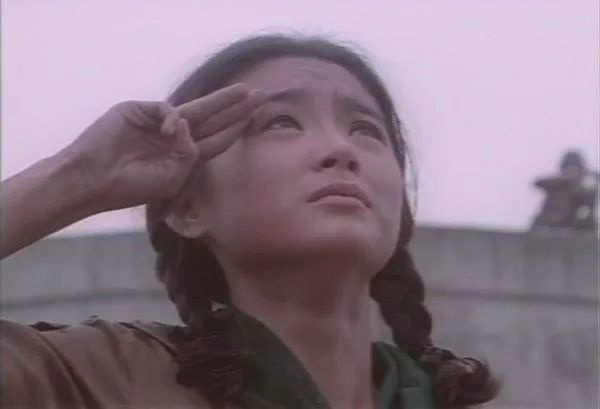
Shan-si Ting, the director, was the godfather of the main theme films in Taiwan Province at that time.
In 1974, he pioneered Taiwan Province’s large-scale production of theme films with a film "Heroes and Heroes". Compared with the grand narrative of mainland theme movies, his works pay more attention to the little heroes in the war. He and actor Ke Junxiong also cooperated many times, and created a heroic image of the Anti-Japanese War.
It is said that when Ma Ying-jeou watched this film, he couldn’t help crying.
After eight hundred heroes, he also made Taiwan Province’s main theme films, such as Game-writing Tales and Yellow Flowers, The Double Ten of 1911, The Battle of August 23rd, Sun Yat-sen, the Founding Hero, and so on. Won the Golden Horse Award for Lifetime Achievement in 2011.
Eight hundred heroes ends with Xie Jinyuan’s withdrawal from the British Concession and a heroic welcome.
Its ending song "eight hundred heroes Song" sings "China will not die, look at the national hero Xie Tuanchang", which makes people excited.
Yang Huimin’s story of sending the flag is the climax of the two versions of eight hundred heroes.
In the 1975 edition, Brigitte Lin played the role of Yang Huimin swimming across the river without fear of gunfire, which was deeply rooted in people’s hearts, and most people were more willing to believe Chen Cunren’s story version.
While promoting this film, Brigitte Lin also met Yang Huimin himself and left a precious group photo.
At that time, Brigitte Lin had just made her debut for three years. Although she was a few years older than Yang Huimin when sending the flag, she was still young. This was also the first time that she played more Qiong Yao romance films.
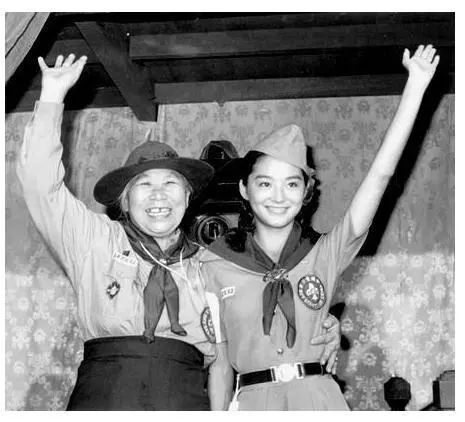
05
What are other related works?
In 1995, Taiwan Province director Chen Juntian released a large-scale documentary "An inch of mountains and rivers and an inch of blood", which contained several episodes about the Battle of Songhu.
In 2010, Cui Yongyuan released the semi-animated and semi-documentary drama My Anti-Japanese War, in which the second episode tells the story of the four-line warehouse defense war, which is an earlier work in mainland mainstream documentaries.
This episode traces the last two heroes in eight hundred heroes, Wang Wenchuan and Yang Yangzheng, and especially interviews Wang Wenchuan in detail. Through his mouth, it reproduces the cause and effect of the battle and restores a more real Xie Jinyuan.
After liberation, Wang Wenchuan hid his national army identity all the year round, and didn’t return to Sihang Warehouse until his death. Seeing the sculpture of the old colonel made people feel sad.
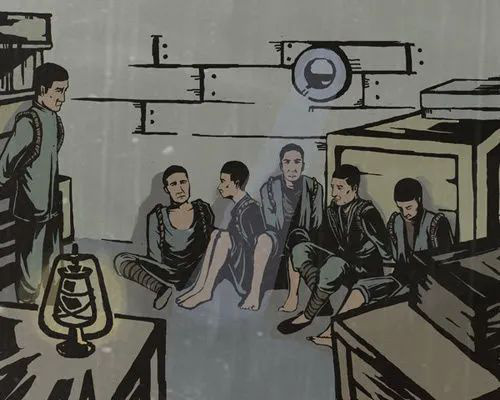
The China warrior who was secretly transported overseas as a coolie in Eight Hundred Alone.
Nowadays, all the heroes of the Four Stores have passed away, and the history has already turned over. In the post-COVID-19 era, The Eight Hundred, a domestic blockbuster, was released as a movie theater rescue.
It tells people that what the 800 warriors are sticking to is the belief that the Chinese nation is unwilling to give up any territory.
What are your expectations for The Eight Hundred? What about the evaluation after watching?
Welcome to vote by clicking "Read the original" ~
Set Ifeng movies as stars.
You can receive our news more quickly.
don’t forget to
Ball sharing
